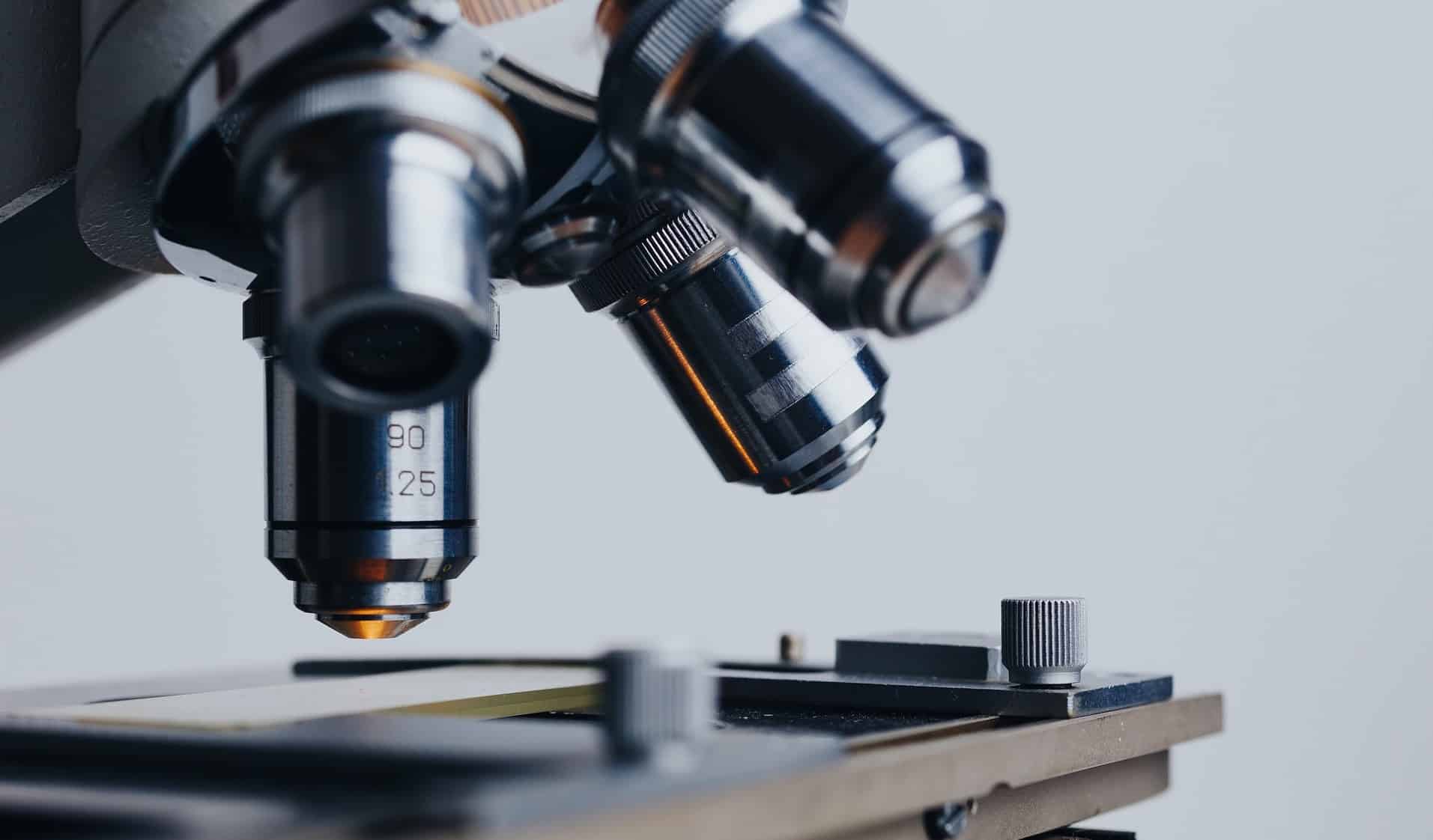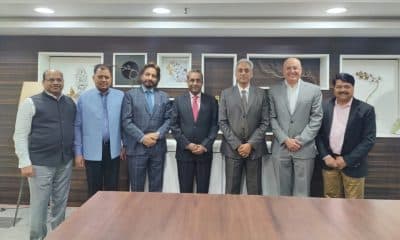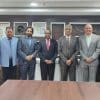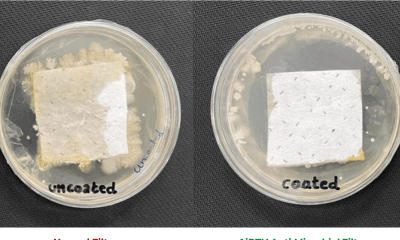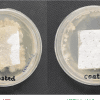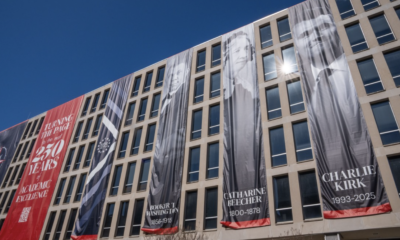Health
Capgemini develops new AI-solution to treat River Blindness
A team of experts at Capgemini, in collaboration with University Hospital Bonn and Amazon Web Services, has developed an artificial intelligence (AI) model that will accelerate the speed of clinical trials aiming to establish new treatments for River Blindness, a neglected tropical disease which affects over 20 million people globally. Currently, the specialist work of clinical trials can only be carried out manually by a handful of global experts, so the winning model could save years of work and speed up the development of new treatments.
The India-based winning team developed a model which harnesses deep learning technology to identify the larvae worm that causes River Blindness, using images from existing clinical studies. In total, over 70,000 sections of clinical data were utilized to train the AI, leading to the creation of a model that can identify worm sections in microscopic images with almost 90% accuracy. The ability to automate such a high proportion of the required analysis will unlock the potential of faster and more consistent assessment of the efficacy of new drugs, which could save the eyesight of sufferers worldwide.
The solution was developed as part of Capgemini’s annual Global Data Science Challenge for a sustainable future (GDSC), a company-wide initiative where every employee is given the opportunity to deploy their data and AI expertise towards solving a critical global challenge. This year, the GDSC saw teams from Capgemini, in collaboration with Amazon Web Services, and The Institute of Medical Microbiology at The University Hospital of Bonn tackle the growing problem of River Blindness, which primarily affects communities in Sub-Saharan Africa.
“Over 20 million people are already affected by River Blindness and this devastating disease is only being exacerbated by environmental changes, which create a more hospitable environment for the black fly which spreads the disease. Intelligent solutions that allow this illness to be treated more effectively are urgently needed,” explains Zhiwei Jiang, CEO of the Insights & Data Global Business Line at Capgemini and member of the Group Executive Committee. “By empowering our own people with the tools, training and technologies they need to develop AI solutions for real-world problems, and through meaningful collaborations, such as with the University Hospital of Bonn and Amazon Web Services, we can collectively make a real difference for our people, society and our planet.”
River Blindness is caused by a parasitic infection that is transmitted by the black fly, which typically lives near fast-flowing rivers. If a human is bitten by a black fly, the worm larvae invades the body and breeds under the skin. If these worms are allowed to reach the eyes before treatment is administered, they can cause irreversible blindness: the condition has already caused permanent blindness in over one million people. The World Health Organization has a stated goal to develop research which will stop the spread of River Blindness by 2030.
Achim Hoerauf, Director of the Institute for Medical Microbiology, Immunology and Parasitology, University Hospital of Bonn comments, “We have been incredibly impressed by what the participants of this year’s Global Data Science Challenge have achieved. Capgemini’s expertise in AI and genuine commitment to helping eradicate River Blindness has enabled us to create something which will make a massive impact on the way we run clinical trials for treatments of this infectious disease.
“Our aim is that the winning solution can be fully integrated within the various communities to support the advocacy of new drug treatments in 2023 and speed up the elimination of River Blindness.”
Over the nine-week competition period, 400 teams from 31 regions rose to the challenge, resulting in almost 8,500 innovative AI solutions being submitted. The initiative was supported by Amazon Web Services (AWS), which provided the platform and technologies like Amazon SageMaker that allowed Capgemini teams all over the globe to utilize deep learning models as part of this year’s GDSC. By providing this support, AWS was able to facilitate the real-time training of thousands of Capgemini employees in state-of-the-art machine learning methods. In addition to this, teams at AWS also offered ongoing mentoring to the Capgemini participants during the initiative.
Mike Miller, Director, AI & ML at Amazon Web Services, Inc comments, “Innovative and sustainable projects such as the Global Data Science Challenge showcase that if we work collaboratively, together we can do great things. Capgemini and AWS share a vision to ensure a sustainable future for our planet by growing the number of developers and data scientists who are familiar with AI and machine learning because we know this technology will be transformative for the entire world.”
GDSC is an annual initiative which allows Capgemini to showcase the shared purpose that binds its global workforce; a commitment to unleashing human energy through technology for an inclusive and sustainable future.
“The scale and ambition of this year’s Global Data Science Challenge meant enabling the competition was a challenge in itself, as thousands of Capgemini employees from around the world required access to state-of-the-art machine learning methods,” added Miller. “At AWS, we see it as our responsibility to make AI and machine learning more accessible to developers and scientists of all skill levels, and we are proud to sponsor GDSC’s usage of AWS technologies and cloud services to make this a reality.”


